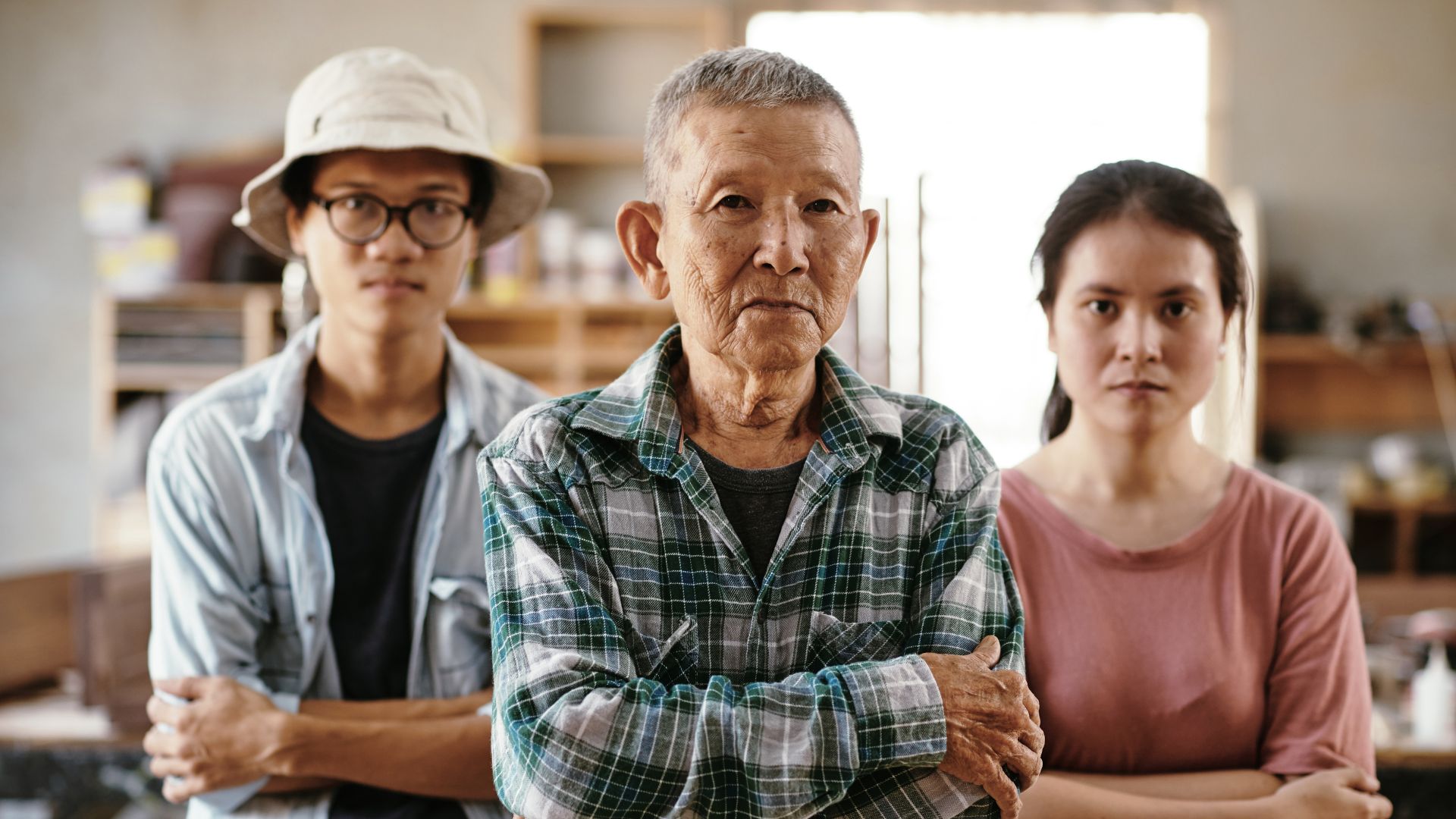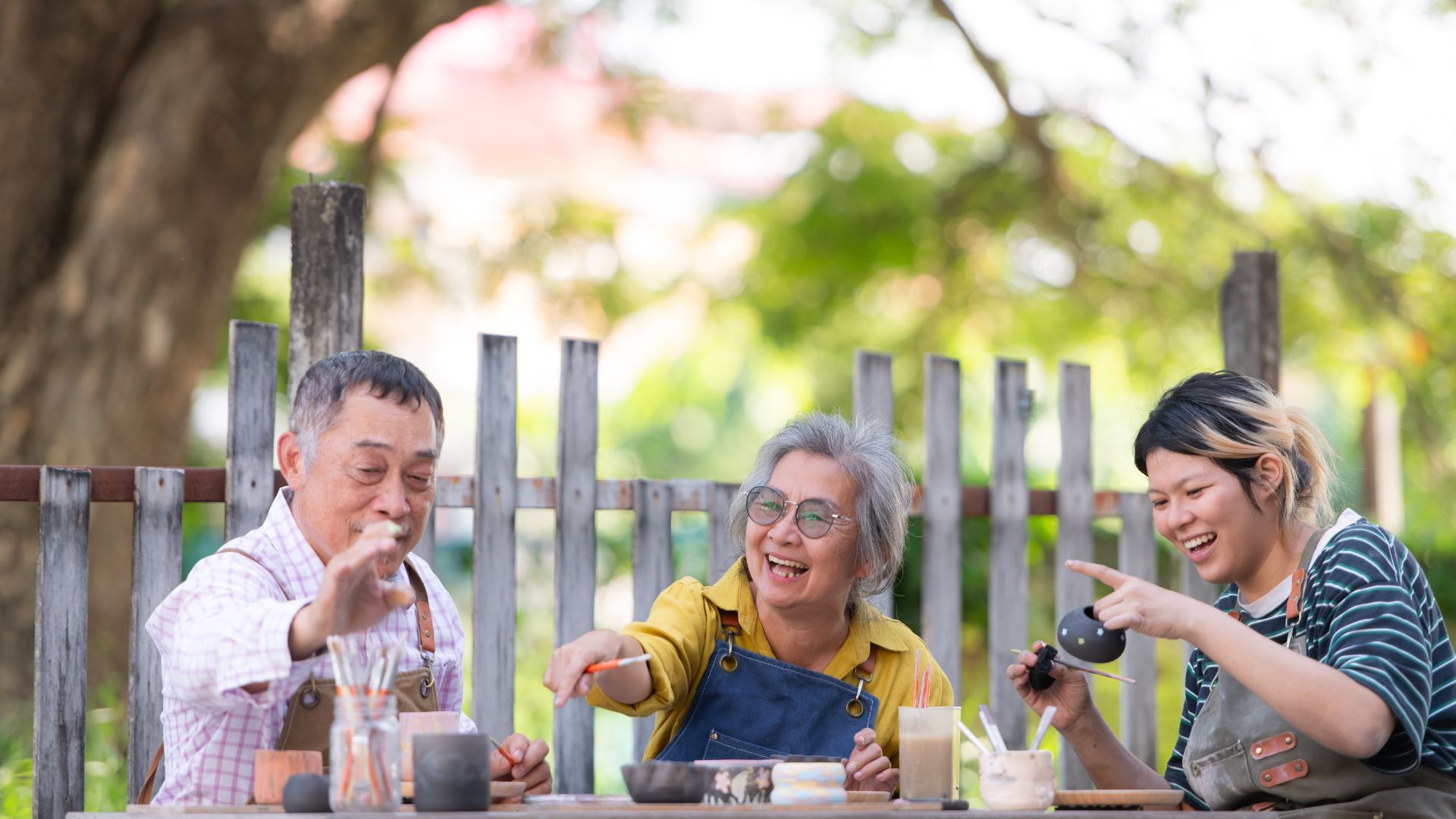Watching parents grow older can be a challenging experience, especially for those still striving to find stability in their own lives. This experience is particularly common in Filipino families, where family ties are incredibly strong, and the sense of duty to care for elders is deeply ingrained to the mind as their children grow up.
Here are eight reasons why seeing parents age when one is not yet stable is particularly tough for many Filipinos:
1. Utang na Loob

In Filipino culture, there is a strong expectation to take care of one’s parents as they age. This sense of duty, known as “utang na loob” (debt of gratitude), can be overwhelming when one is not yet financially or emotionally stable. The pressure to repay parents for their sacrifices adds a layer of guilt and anxiety. Many young Filipinos feel a huge sense of obligation to ensure their parents’ comfort and well-being, which can be particularly stressful when personal resources are limited.
This duty often means prioritizing parents’ needs over personal aspirations. It can lead to feelings of inadequacy and disappointment if one is unable to meet these cultural expectations. The emotional toll of this responsibility can be immense, affecting mental health and overall well-being.
2. Financial Pressures

Many young Filipinos are still trying to secure their financial footing, whether it’s paying off personal loans, supporting siblings’ education, or building a career. The financial burden of caring for aging parents can be daunting, especially when personal income is not yet stable. With limited social safety nets, the responsibility of medical bills, daily expenses, and potential caregiving costs often falls on the children.
Balancing these financial responsibilities with personal financial goals can be incredibly stressful. The pressure to provide can lead to overworking, which in turn affects physical and mental health. This financial strain can delay important life milestones such as getting married or buying a home. The constant worry about money can overshadow personal achievements and lead to feelings of being stuck.
3. Parents Treat Their Child/ren as Investments
Many Filipino parents have a mindset where they view their children as investments for the future. The idea that “manganganak ako para may mag alaga sakin pagtanda ko” (I will have children to take care of me in my old age) is very common. This expectation can create strong pressure on young adults who are still trying to establish their lives.
Fulfilling this expectation can lead to significant financial and emotional strain. Navigating these expectations requires open and honest communication with parents. Setting boundaries while showing respect can help in managing these pressures. Understanding and empathizing with parents’ perspectives can also ease tensions and foster mutual support.
4. Sandwich Generation

Young Filipinos often find themselves in a sandwich generation, having to balance the roles of caring for their children and their aging parents simultaneously. This dual responsibility can be especially challenging when one is still trying to establish their own life. The juggling act can lead to burnout and chronic stress.
There’s often little time for self-care or pursuing personal interests. The constant demands from both ends can leave one feeling overwhelmed and unsupported. Balancing these roles requires careful planning and prioritization, which can be difficult when resources are limited. The emotional and physical toll of this balancing act can affect overall quality of life and personal happiness.
5. Lack of Government Support
In the Philippines, social safety nets for the elderly are limited. This lack of support places a heavier burden on the family, especially on young adults who are still trying to find their footing in life. The absence of sufficient government assistance means that families must shoulder the full responsibility of care. This can lead to significant financial and emotional strain. The limited availability of affordable elder care services adds to the burden. Navigating these challenges requires creativity and resourcefulness.
The lack of institutional support can make the prospect of caring for aging parents daunting and stressful. Had there been a good government support for the elderly, many children would also feel secure knowing that caring for their parents are well-taken care of while still securing oneself too.
6. Fear of Losing Parents

Worrying about the loss of parents while still striving to find your own stability is hard and can be distressing. This is especially true for those who have focused heavily on self-growth and career advancement, sometimes at the expense of spending quality time with their parents. This fear can lead to feelings of regret and guilt, worrying that they may not have done enough to care for and appreciate their parents.
Balancing personal and professional aspirations with the need to cherish moments with aging parents is a delicate and emotionally charged task. The anxiety about what might happen can overshadow achievements and add to the emotional burden of striving for stability. This fear serves as a constant reminder to find time for loved ones amidst the hustle and bustle of life, emphasizing the importance of building a life that honors both personal goals and familial responsibilities.
7. Not Ready To Be Fully Independent Yet
Many young Filipinos may not feel ready to be fully independent while simultaneously grappling with the responsibility of caring for aging parents. This reluctance stems from a desire to enjoy more time with their parents and avoid the challenges of adult independence. They may feel emotionally unprepared to navigate life without their parents’ guidance and support.
The fear of losing parental figures amplifies the reluctance to fully embrace independence. This dual pressure—balancing parental care with personal growth—can create a sense of being caught between two worlds, neither fully dependent nor entirely free. The emotional weight of this dilemma can stall personal development and decision-making, delaying milestones like marriage or starting a family.
8. Social Stigma

There can be a social stigma attached to not being able to fully support aging parents. In a culture that highly values family and respect for elders, not meeting these expectations can lead to social judgment. This judgment can come from within the family and the broader community. The fear of being perceived as neglectful or ungrateful can be a significant source of stress. This stigma can affect self-esteem and lead to feelings of isolation. Navigating these social pressures while trying to achieve personal stability requires resilience and a strong support system. Overcoming this stigma involves changing societal attitudes and fostering understanding and empathy.
These reasons highlight the challenges faced by many young Filipinos as they work on the complexities of seeing their parents age while striving to achieve their own stability. Balancing these pressures requires not only personal resilience but also a supportive community and, ideally, strong social support systems.







